You are sitting in our clinic filling out paperwork when you see the words: Bordetella, distemper, adenovirus type 2, parvovirus, parainfluenza, feline viral rhinotracheitis, calicivirus, panleukopenia, feline leukemia virus and rabies. You pause, squint your eyes, and the pen in your hand becomes motionless as you try and decipher what all of that gibberish means. Trust me, when I first started here, I felt the same exact way, too. The pressure of having to explain it all to pet owners like you can be a bit much. That same feeling led me to write this blog to help all of us become more educated on the vaccines that go into our pet’s body and why he or she needs them.
I present to you the world’s best study guide to understanding pet vaccines, but before that, let’s test your knowledge. Take this short pre-quiz to see how much you know, and remember your answers to see how well you did!
- How often should you vaccinate your adult pet?
- Every 3 years
- Annually
- Twice a year
- Never
- True or false: Dogs and cats can both contract rabies.
- True
- False
- You should vaccinate your pet because ______.
- diseases and infections are highly contagious and often times fatal
- any contact with another animal puts your pet at risk of exposure
- your pet’s favorite places (parks, pet stores, others’ houses, etc.) could be compromised
- all of the above
- You should begin your puppy/kitten’s boosters at __ weeks of age.
- 6-8
- 8-10
- 10-12
- 12-14
- The DA2PP vaccine fights against:
- parvo & parainfluenza
- distemper
- adenovirus (type 2)
- all of the above
- True or false: Parvo causes severe diarrhea, vomiting and is often times fatal.
- True
- False
- True or false: panleukopenia in cats is similar to parvo in dogs.
- True
- False
- Puppies and kittens can receive the rabies vaccine at __ months.
- 4
- 6
- 8
- 12
- True or false: PRCKC does not accept walk-ins.
- True
- False
- True or false: PRCKC offers low-cost vaccinations for anyone and everyone.
- True
- False
Answer sheet:
- B
- True
- D
- B
- D
- True
- True
- A
- False
- True
Now, here’s why!
Why should you vaccinate your pet?
All vaccines are highly recommended for all pets due to how highly contagious disease and infections are. Any contact that your pet has with other animals or places other animals have been puts them at risk to contact a virus. You will soon see that many of these diseases are fatal, so prevention is extremely important. These vaccinations are going to be your pet’s only defense if they contact any of these viruses.
Although DA2PP is not required by law in Missouri or Kansas, rabies is.
How do vaccines work?
Vaccines help to strengthen your animal’s immune system against the bacteria causing the infection. If your animal if exposed to the bacteria, their immune system can fight it before it makes them sick or decrease their symptoms.
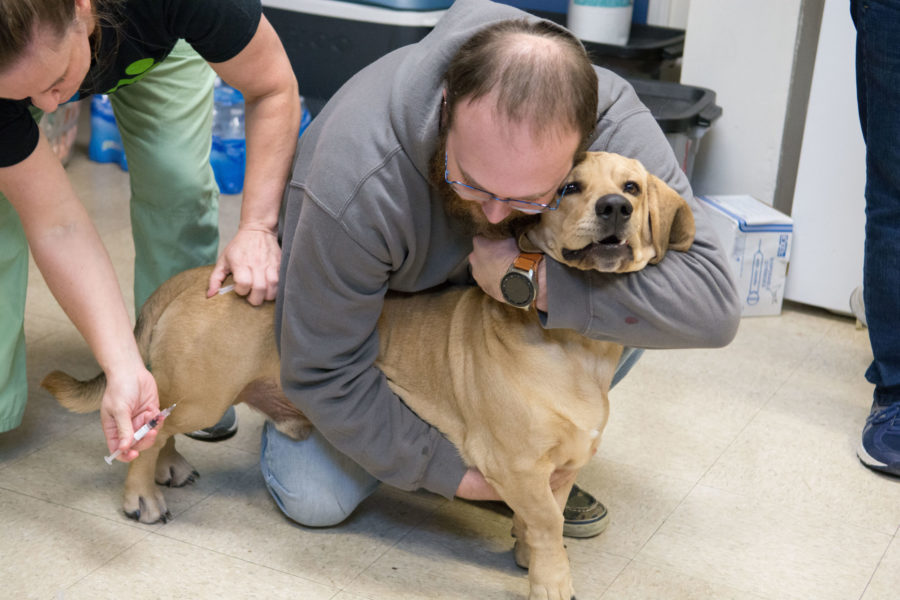
DOGS
Bordetella:
Bordetella is a bacterium that causes the disease that we know as kennel cough. It is a highly contagious respiratory infection that, if left untreated, could lead to a more serious infection.
Symptoms: runny nose, coughing, sneezing, retching (heaving) and sometimes vomit or fever
DA2PP:
DA2PP fights against four different diseases: distemper, adenovirus (type 2), parvovirus, often known as parvo, and parainfluenza. Distemper, adenovirus and parainfluenza all cause upper respiratory illnesses, whereas parvo (most often seen in puppies) attacks the intestinal tract.
Symptoms of distemper: upper respiratory illness, vomiting, dehydration, seizures, tremors, weight loss and often times death
Symptoms of adenovirus: upper respiratory infection or liver infection
Symptoms of parvo: severe diarrhea, vomiting and often fatal
Symptoms of parainfluenza: congestion, coughing and, in some cases, death if left untreated
Rabies:
Rabies is a life-threatening disease transmitted through animal bites and should not be taken lightly. The virus travels through the bloodstream, all the way to the nervous system and attacks the brain, which causes inflammation in brain tissue and the spinal cord. It is contagious to all animals and humans and fatal within only a few days.There is no treatment for rabies, and it is the only disease that is 100% fatal, but 100% preventable with vaccination.
Symptoms: Pica (eating substances with no nutritional value like ice, hair, soil or paper), fever, seizures, paralysis, salivation, change in bark, lack of coordination and changes in attitude/behavior

CATS
FVRCP:
FVRCP protects against three different diseases: feline viral rhinotracheitis (FVR), calicivirus and panleukopenia. FVR, also known as feline herpes, is an upper respiratory that also causes chronic eye and nasal problems. Calicivirus is another respiratory illness, and panleukopenia is similar to parvo in dogs.
Symptoms of FVR: upper respiratory illness and eye and nasal problems
Symptoms of calicivirus: mouth ulcers and can lead to pneumonia
Symptoms on panleukemia: severe diarrhea, dehydration, loss of bone marrow and white blood cells and often times fatal if not caught early and treated
Rabies:
See Dogs.
How often should you vaccinate your pet?
Dogs & Cats
Bordetella (D): annually (or twice a year depending on exposure)
DA2PP (D) & FVRCP (C): annually
Rabies (Both): annually
Puppies & Kittens (under 5 months)
Bordetella (D): Given at 3-4 months of age
DA2PP (D) & FVRCP (C): One dose given at 8-10 weeks of age, then repeated every three weeks with the last dose given at 20 weeks or older to be fully protected for the year
Rabies (Both): Given at around 4 months when adult teeth are visible, and then repeated annually
Puppies & Kittens (Over 5 months)
Bordetella (D): Same as Puppies & Kittens.
DA2PP (D) & FVRCP (C): One dose given, then repeated once in three weeks, then annually after that
Rabies (Both): Same as Puppies & Kittens.
Adult pets never vaccinated
See Puppies & Kittens.
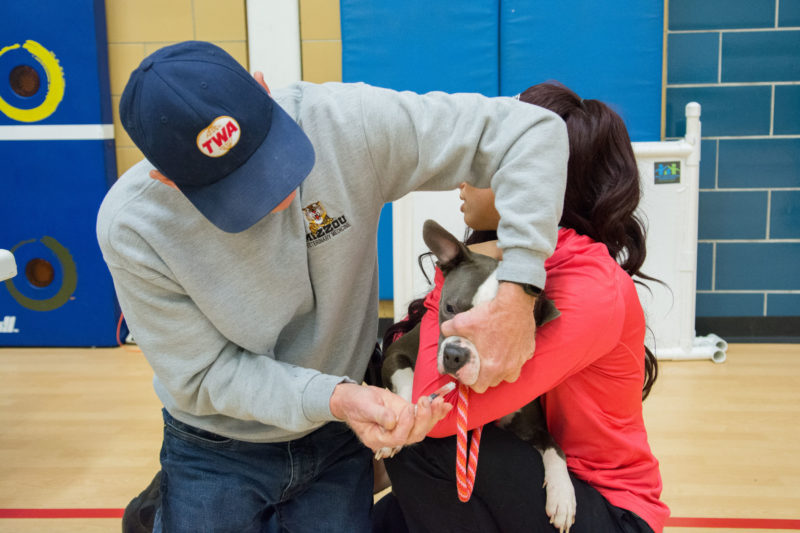
Best Friends Bundles:
Dog Health Bundle: rabies, DA2PP, bordetella and heartworm test – $50 for altered pets and $75 for unaltered
Puppy Booster: DA2PP, dewormer and spay/neuter coupon – $25
Puppy Rabies Booster: rabies, DA2PP, Bordetella, 1 dose of heartworm and flea prevention and spay/neuter coupon: $35
Cat Health Bundle: rabies, FVRCP and FIV/FeLV test – $50 for altered pets and $75 for unaltered
Kitten Booster: FVRCP, dewormer and spay/neuter coupon – $ 25
Kitten Rabies Booster: rabies, FVRCP, 1 dose of heartworm and flea prevention and spay/neuter coupon – $35
If there is one thing you need to remember when all of this is over is that although vaccines might not be your pet’s favorite, they need them to live a long, healthy life. And this is just one measure we take at PRCKC to keep pets and people together. We make sure to make vaccines affordable for all pet owners because your pet’s health is important to us. No appointment needed. Just walk right on in!
Wellness Care Clinic hours:
Mon: Closed
Tues-Fri: 9am-3pm
Sat: 9am-12pm
Sun: Closed
Congratulations! You have graduated from Understanding Vaccines 101! You can explore more of our low-cost services at prckc.org.
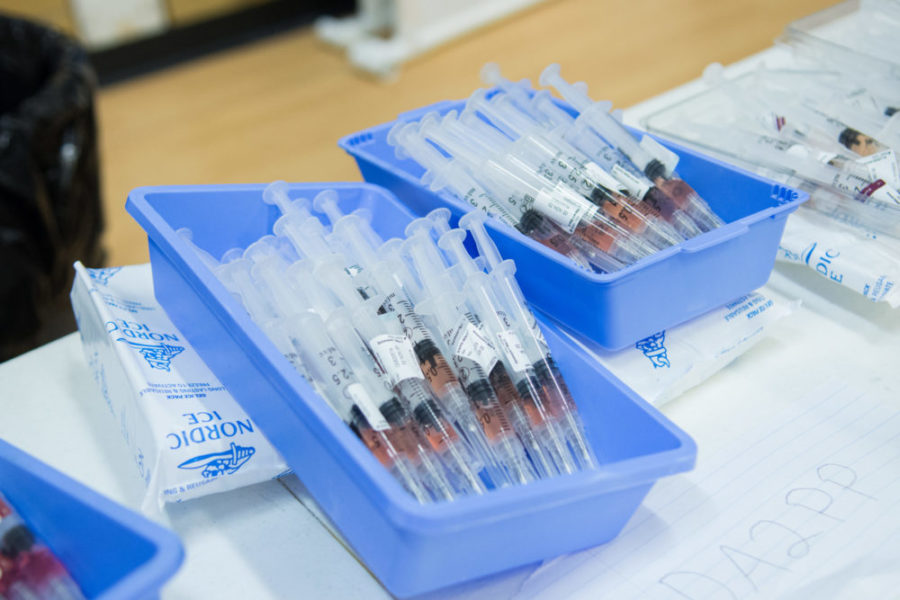
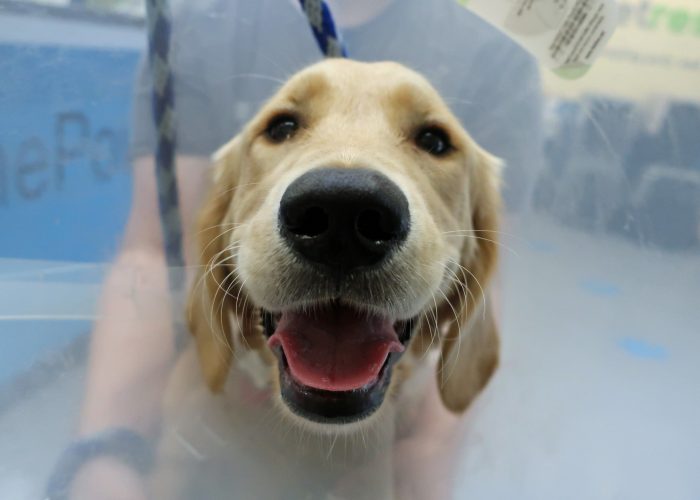
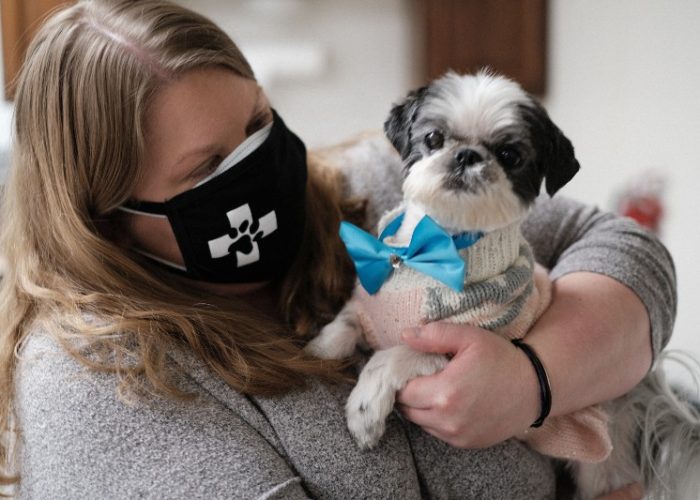
My wife and I just got our first dog together. This is my first dog ever so I have no idea what we’re supposed to do. You said that infections and disease are highly contagious so all vaccines are recommended. I’ll see what my wife thinks about it because she had a dog growing up.
Hi Chris, reach out to us at 816-353-0940. We can offer advice and assistance. And, yes, there are several things that your dog should be protected against but we make it easy and affordable.